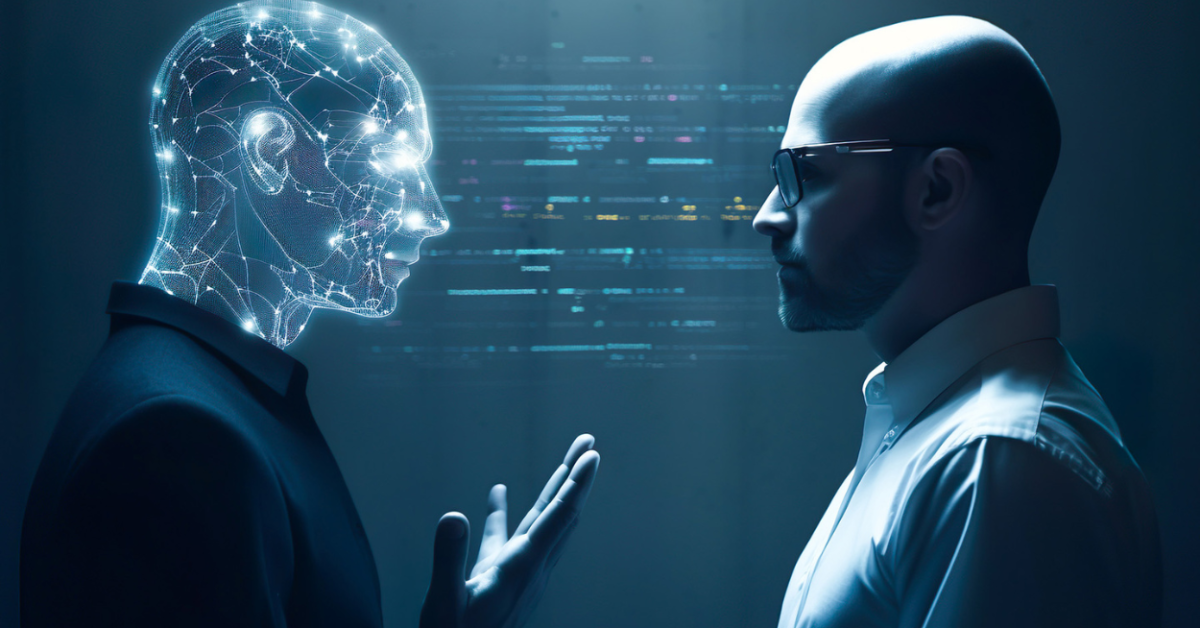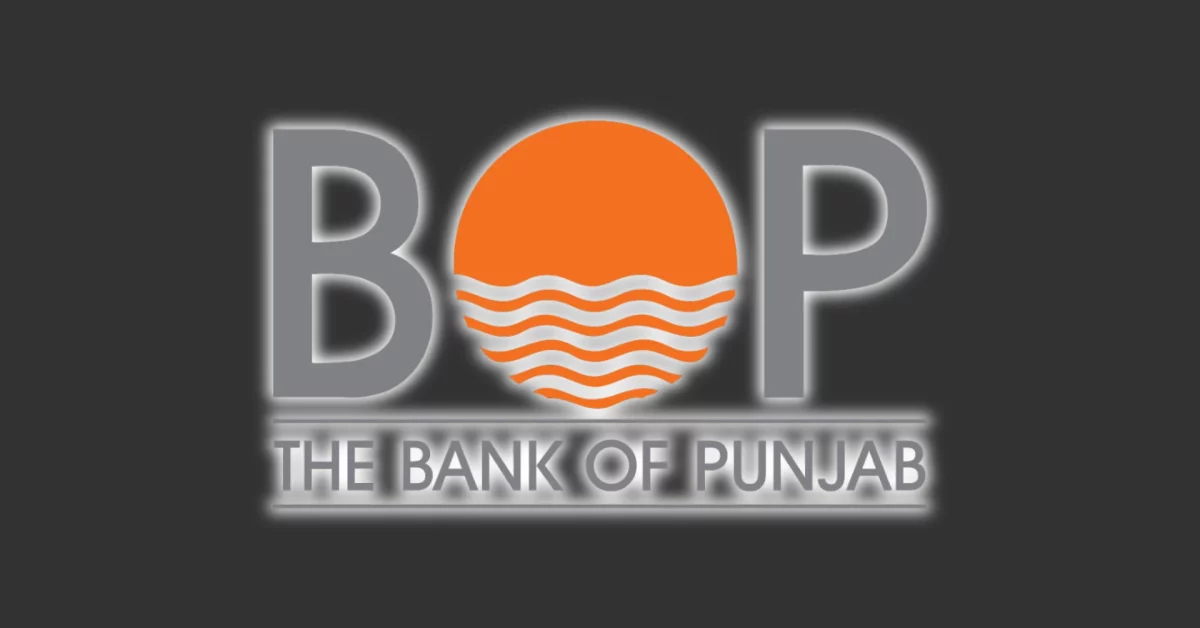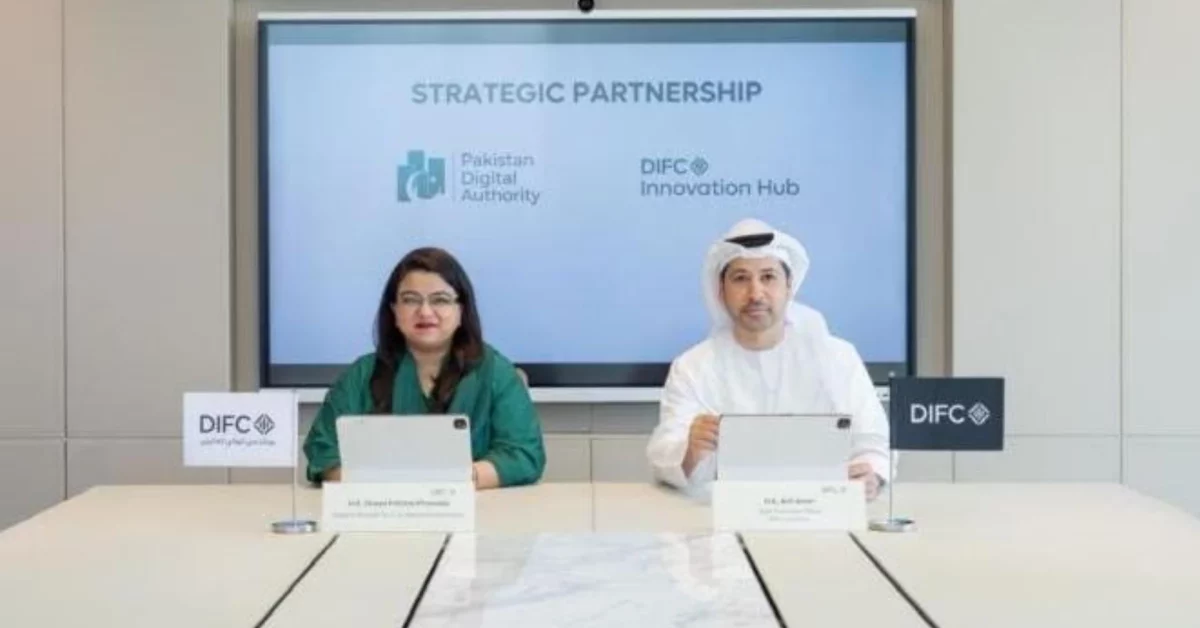
From Side Hustles to Full-Time Gigs: The Online Working Revolution
June 28, 2023
The Environmental Impact of e-waste: How to Reduce Your Electronic Footprint
June 30, 2023Artificial Intelligence: A Greater Threat than Climate Change
Artificial Intelligence (AI) has been the subject of much debate, with some believing that it could be the greatest threat to humanity in the coming years. Geoffrey Hinton, an AI pioneer and one of the “godfathers of AI,” expressed his concerns about the possible dangers of AI if machines were to achieve greater intelligence than humans. In an interview with Reuters, he warned that AI could be the “worst thing ever to happen to humanity.”
Hinton’s concerns are shared by other tech leaders, including Elon Musk, CEO of Tesla and SpaceX. In April, Musk and thousands of others signed an open letter calling for a six-month pause in the development of systems more powerful than OpenAI’s recently-launched GPT-4.
The risks posed by AI are complex and multifaceted, and they go beyond just the existential threat to mankind. One of the biggest concerns is the impact that AI will have on jobs. With the increasing use of automation and AI in industries like manufacturing, transportation, and healthcare, many fear that millions of jobs could be lost.
There are also concerns about the potential misuse of AI, such as the use of autonomous weapons and the impact that AI could have on privacy and civil liberties. As AI becomes more advanced, it will be able to analyze vast amounts of data, including personal data, which could be used to manipulate individuals and even whole societies.
Despite these risks, AI is seen as an important driver of economic growth and innovation. It has the potential to transform industries and improve people’s lives in ways that we can’t even imagine yet. However, it is essential that we address the risks and challenges posed by AI and ensure that it is developed and used in a responsible and ethical manner.
In response to the Musk-backed letter, the European Union committee of lawmakers called on US President Joe Biden to convene a global summit on the future direction of the technology with European Commission President Ursula von der Leyen. Last week, the committee agreed on a landmark set of proposals targeting generative AI, which would force companies like OpenAI to disclose any copyright material used to train their models.
Biden held talks with a number of AI company leaders, including Alphabet CEO Sundar Pichai and OpenAI CEO Sam Altman at the White House, promising a “frank and constructive discussion” on the need for companies to be more transparent about their systems.
In conclusion, the potential risks posed by AI are significant and should not be taken lightly. While climate change is undoubtedly a major threat to humanity, AI could pose an even more urgent threat if we do not take action to address the risks. It is important that we continue to have open and honest discussions about the potential risks and benefits of AI and work together to ensure that it is developed and used in a way that benefits society as a whole.






